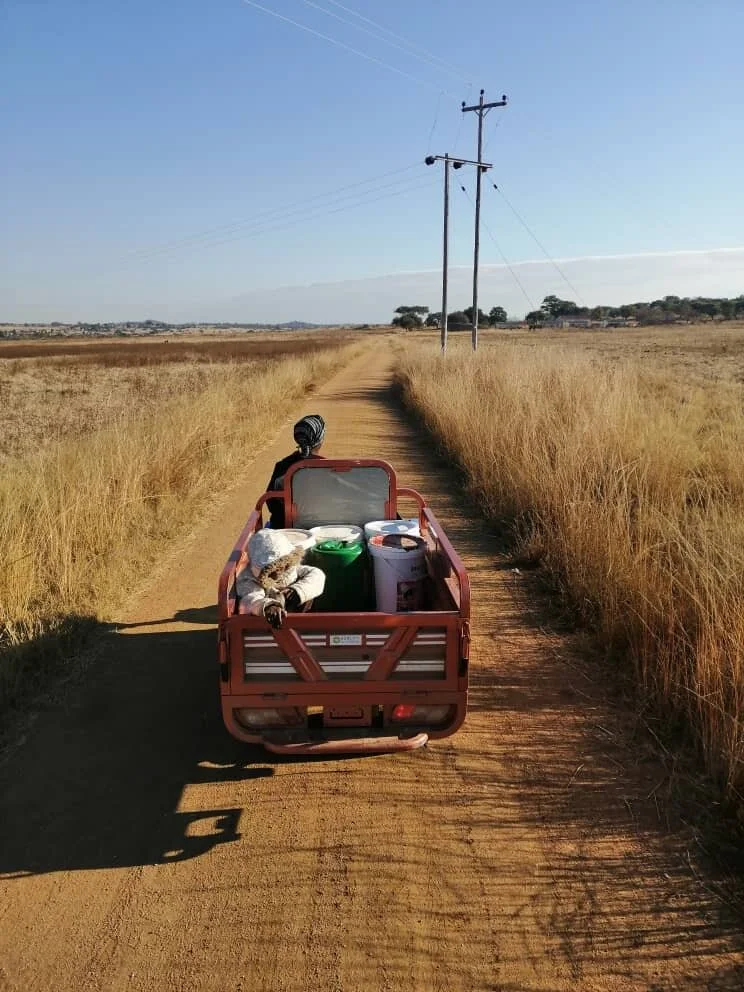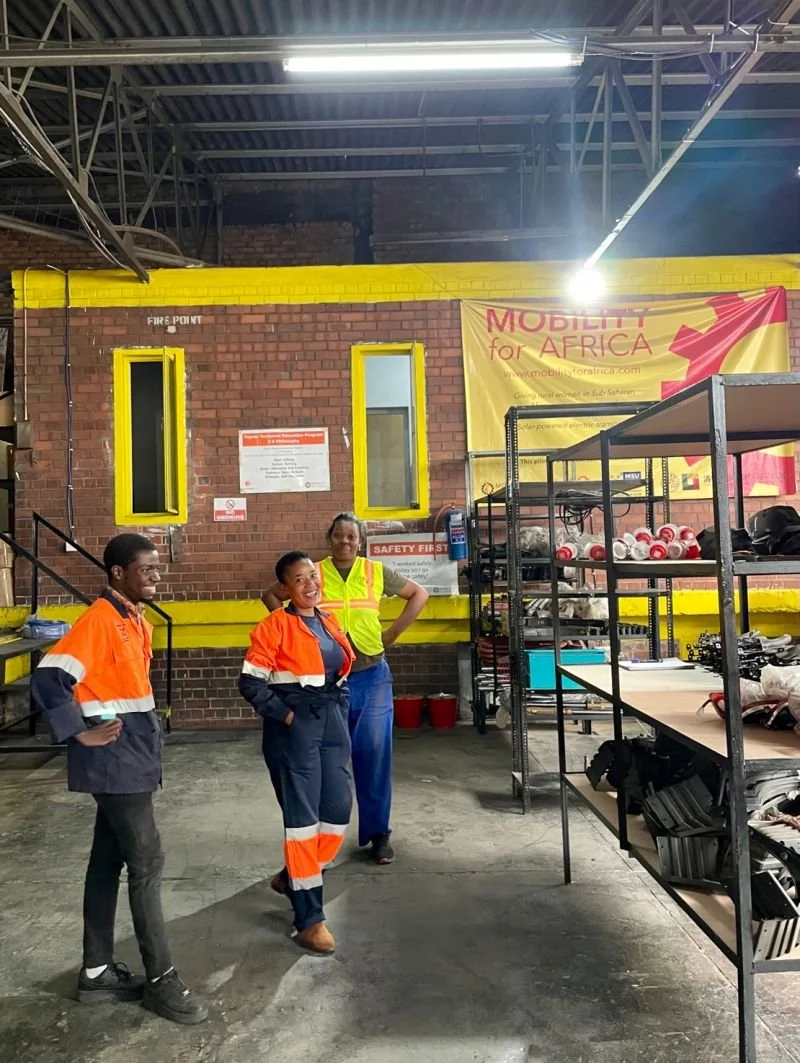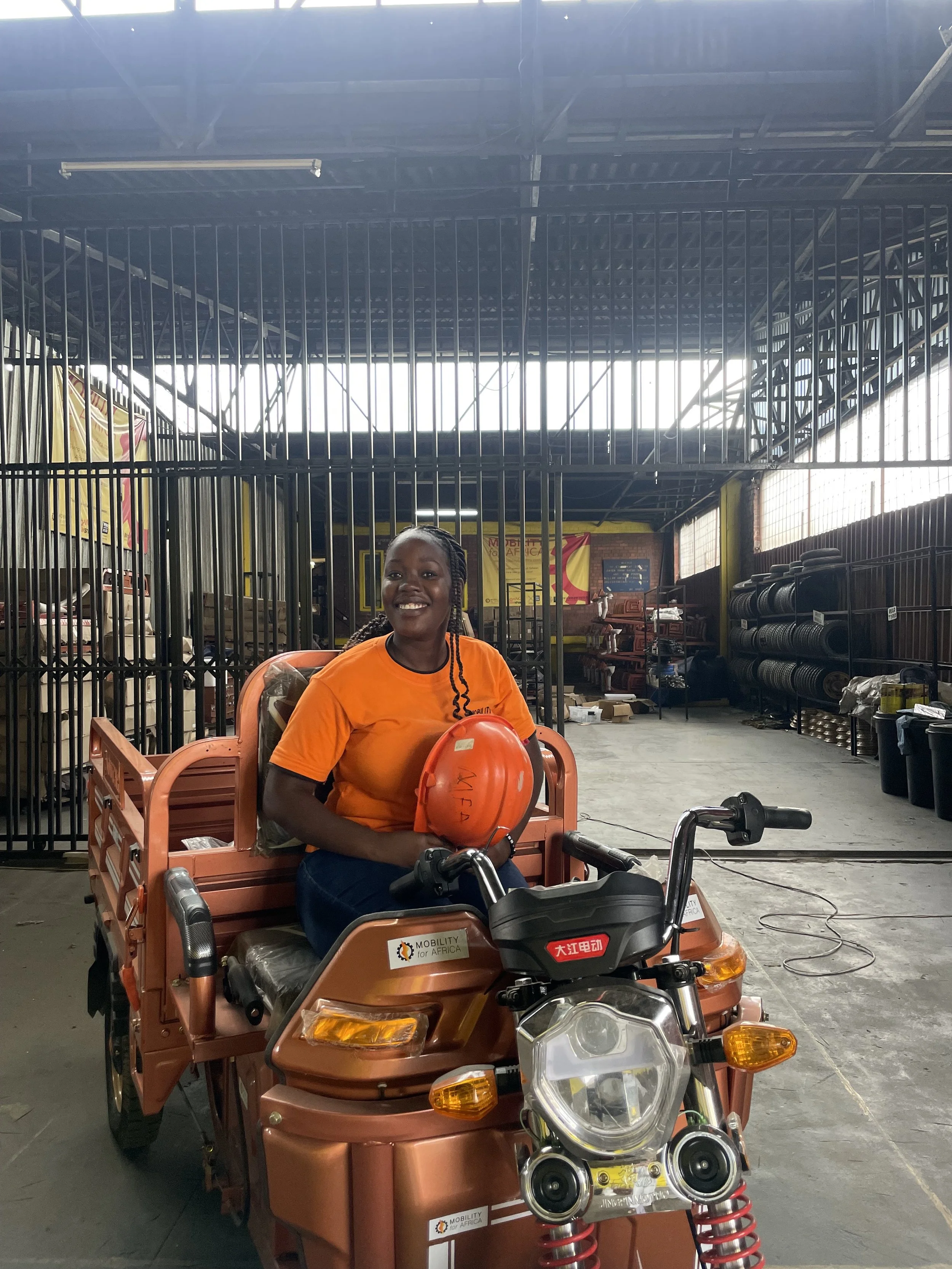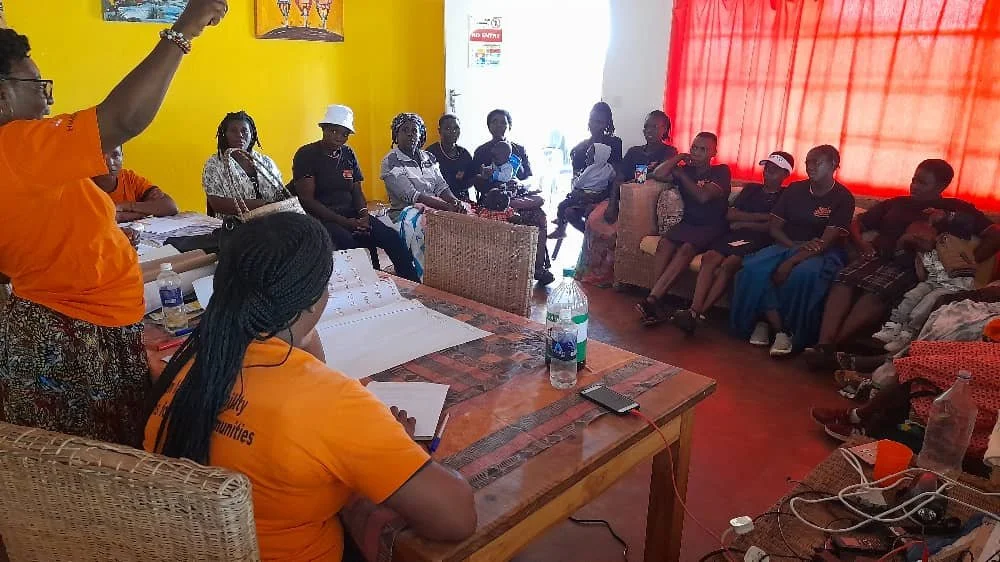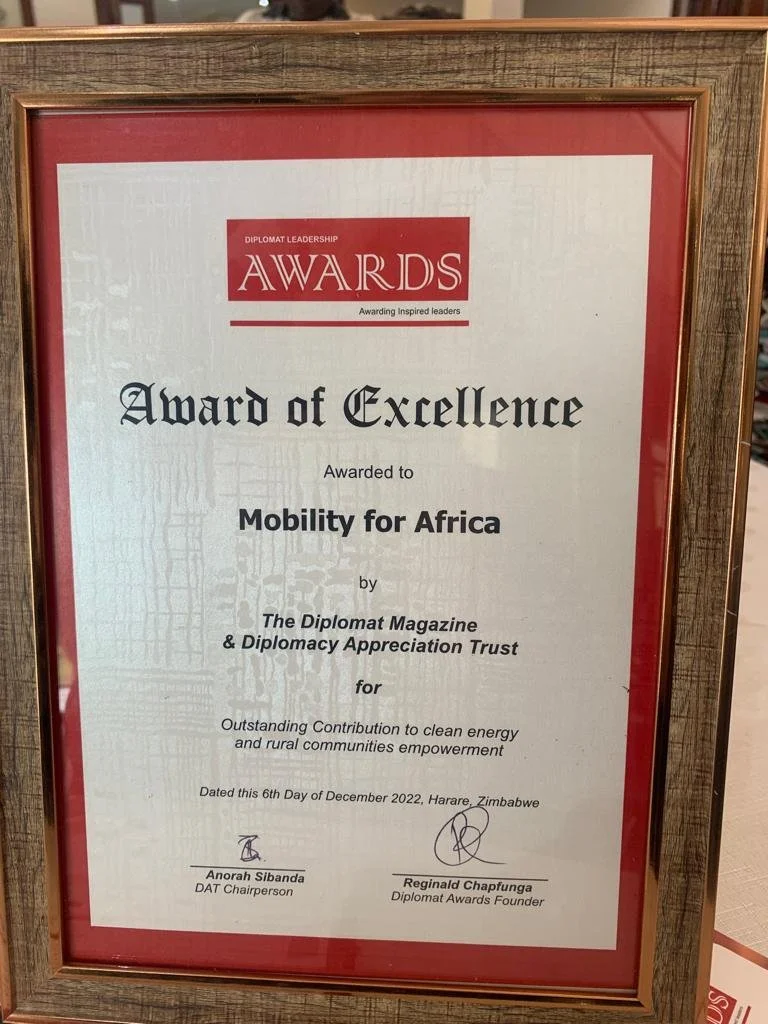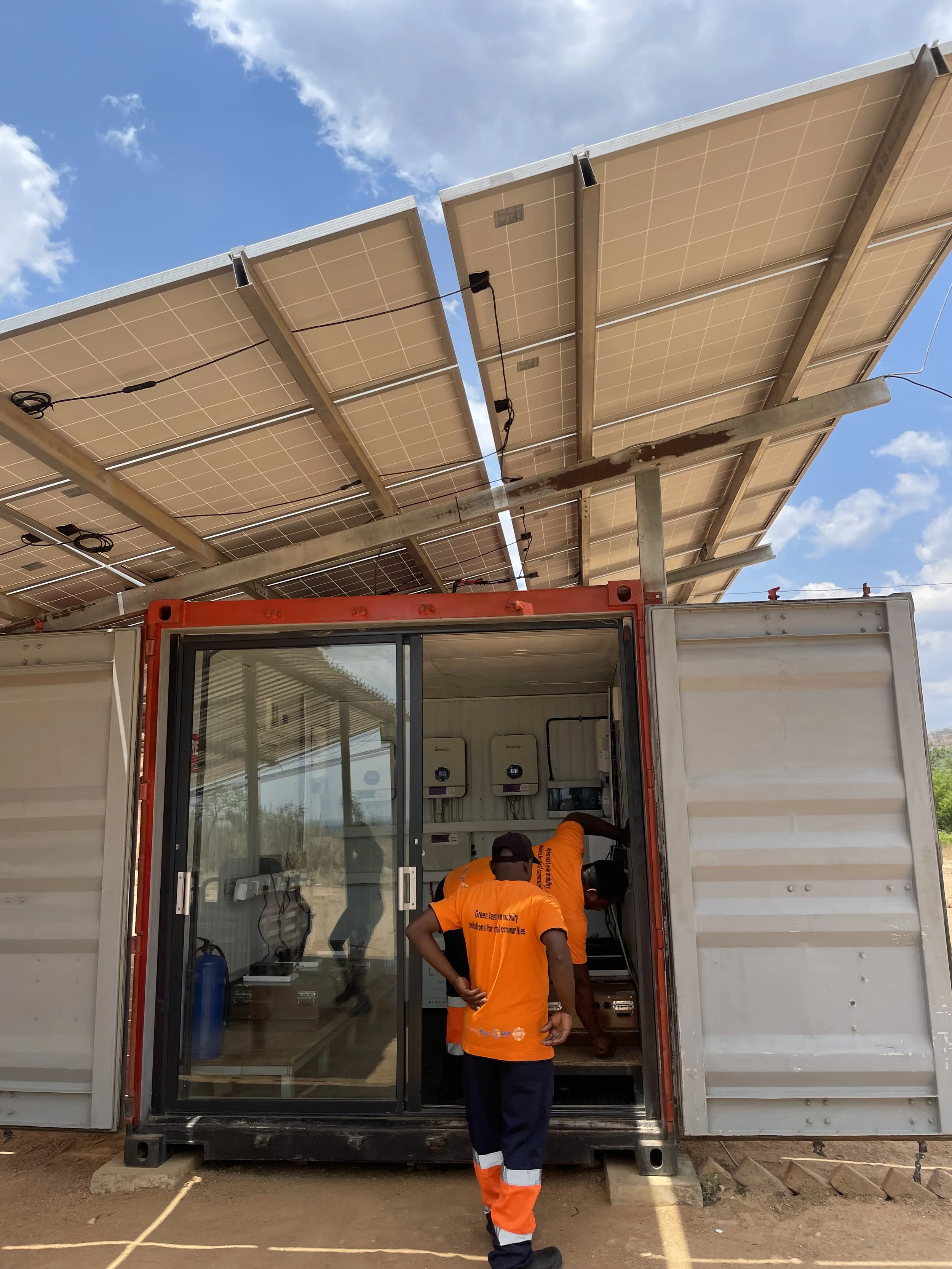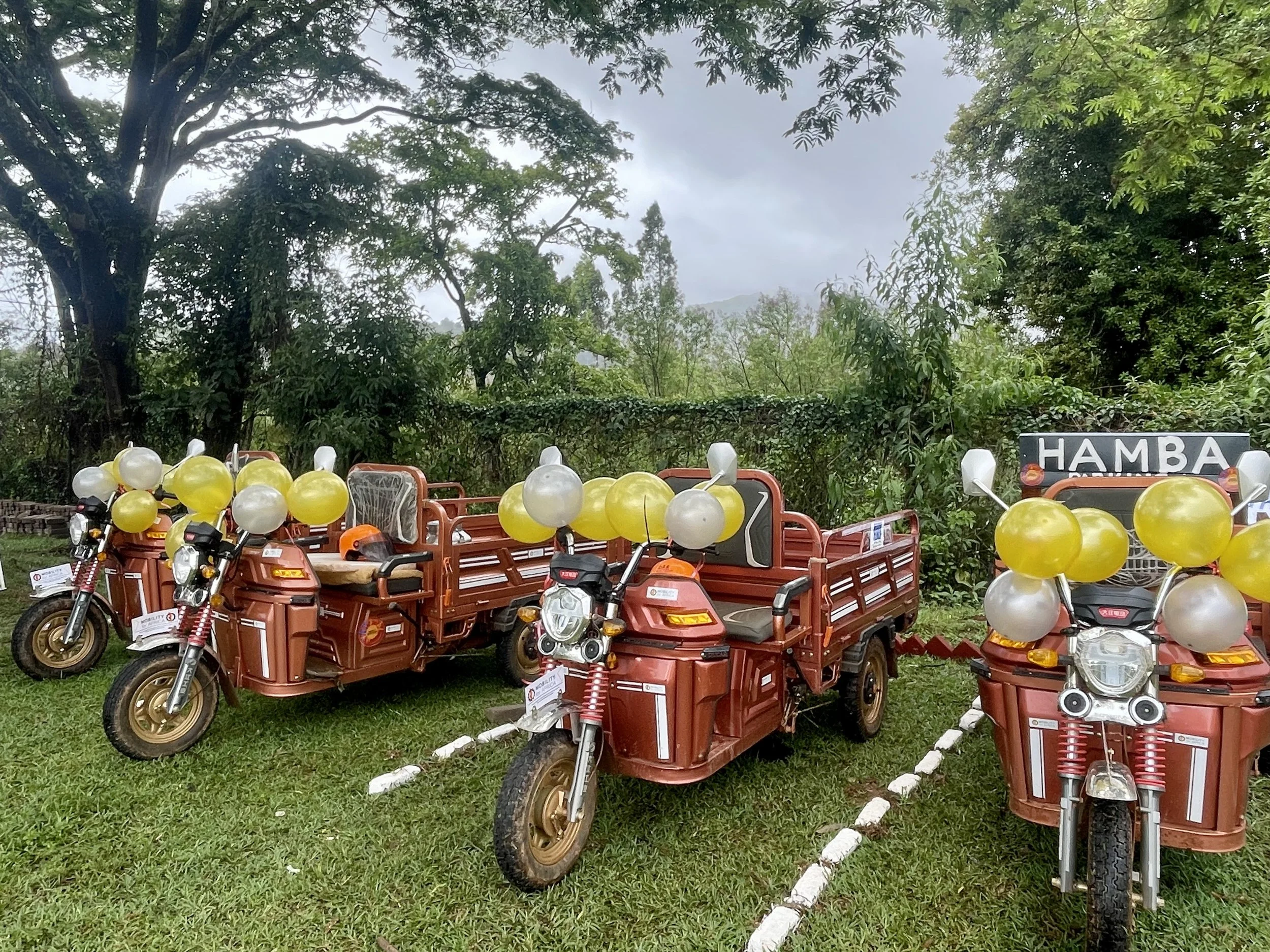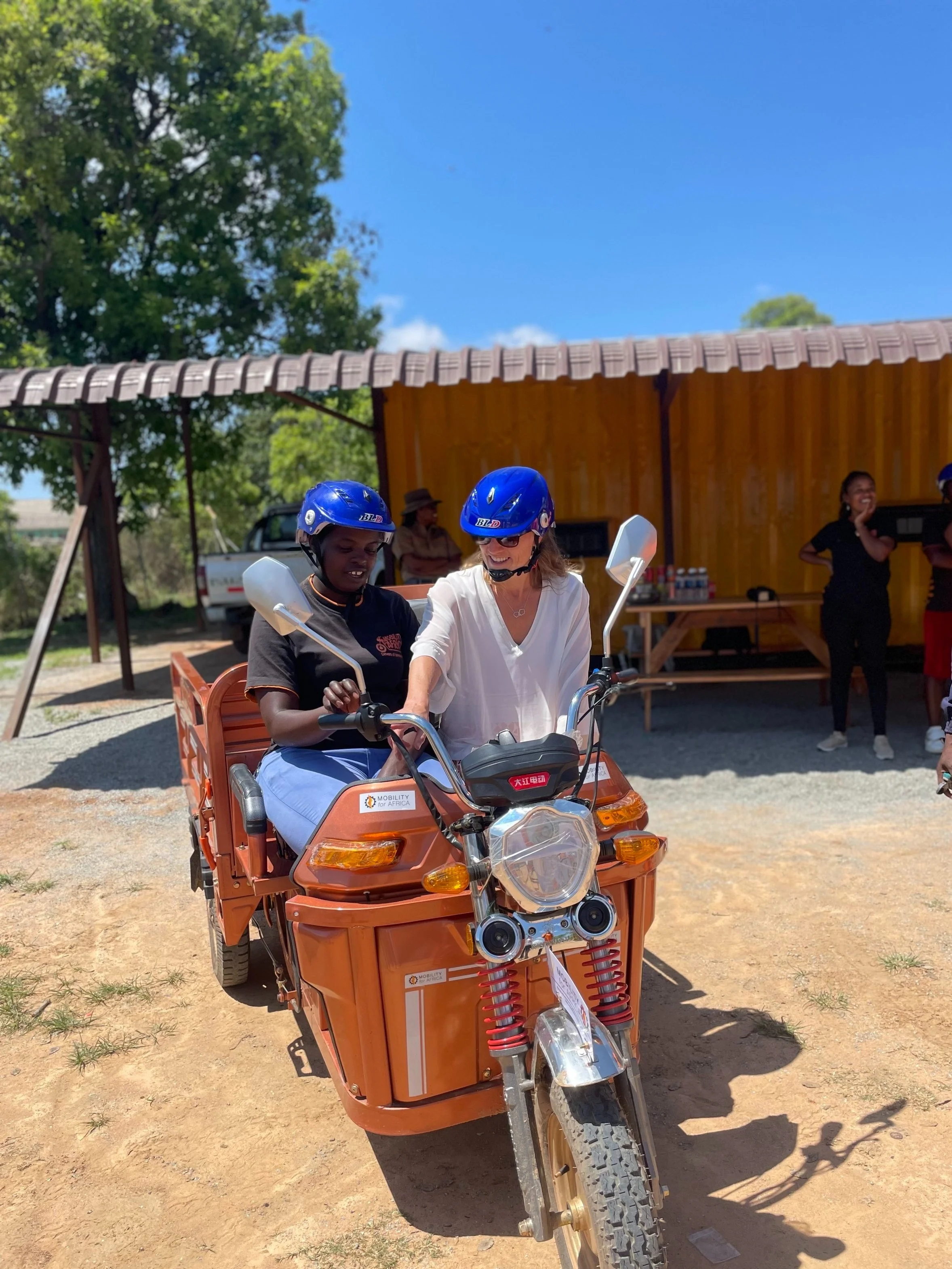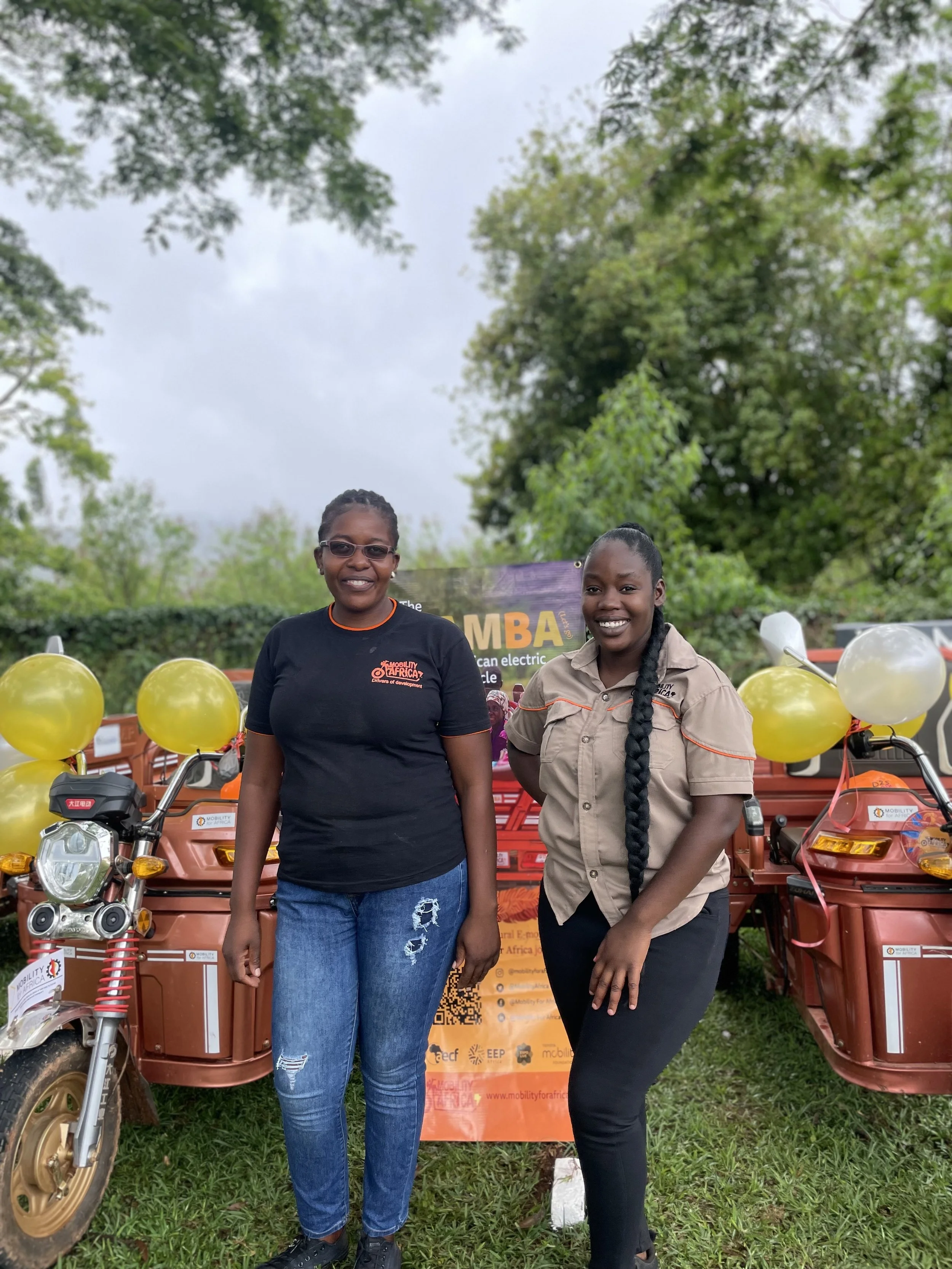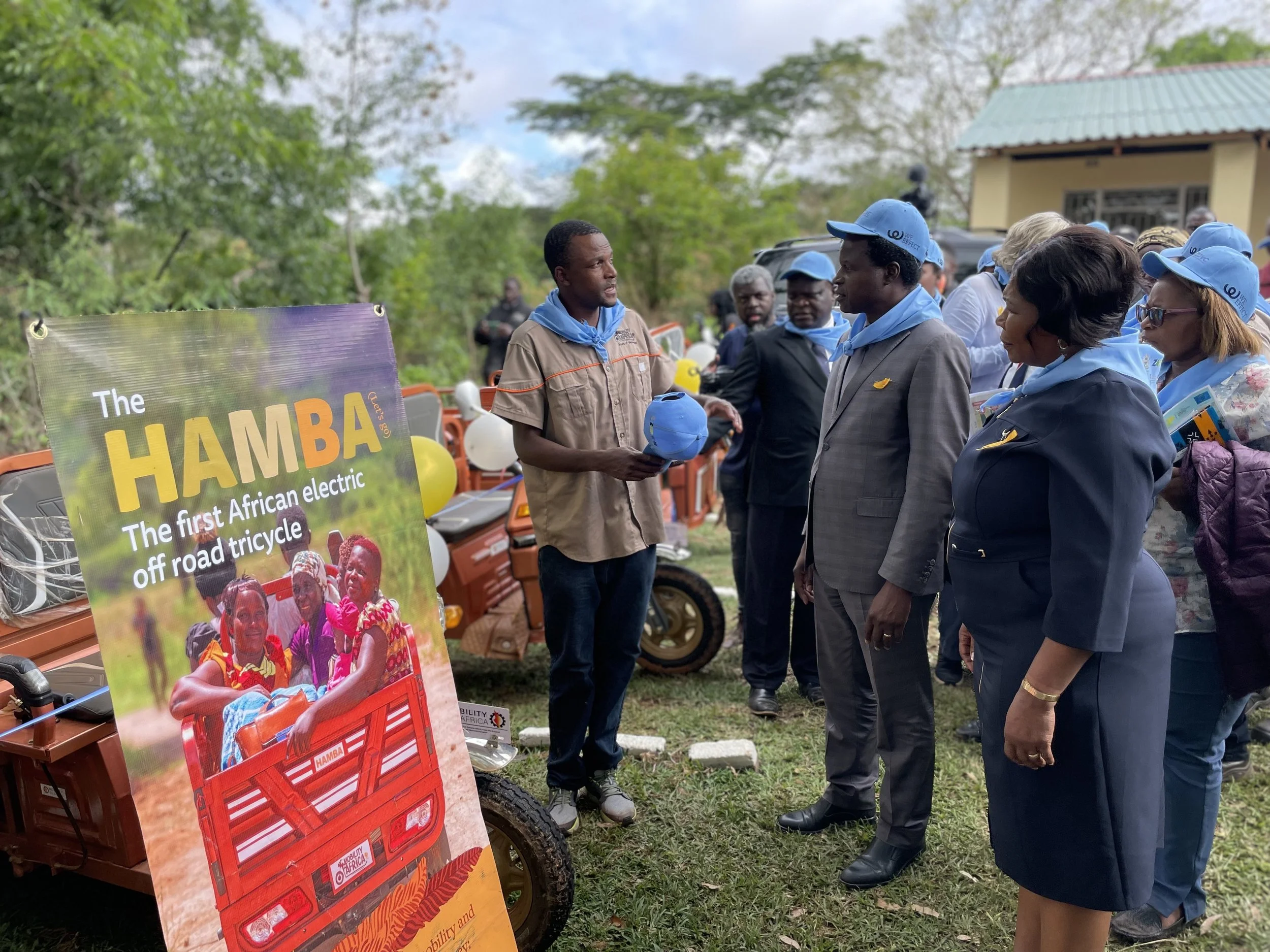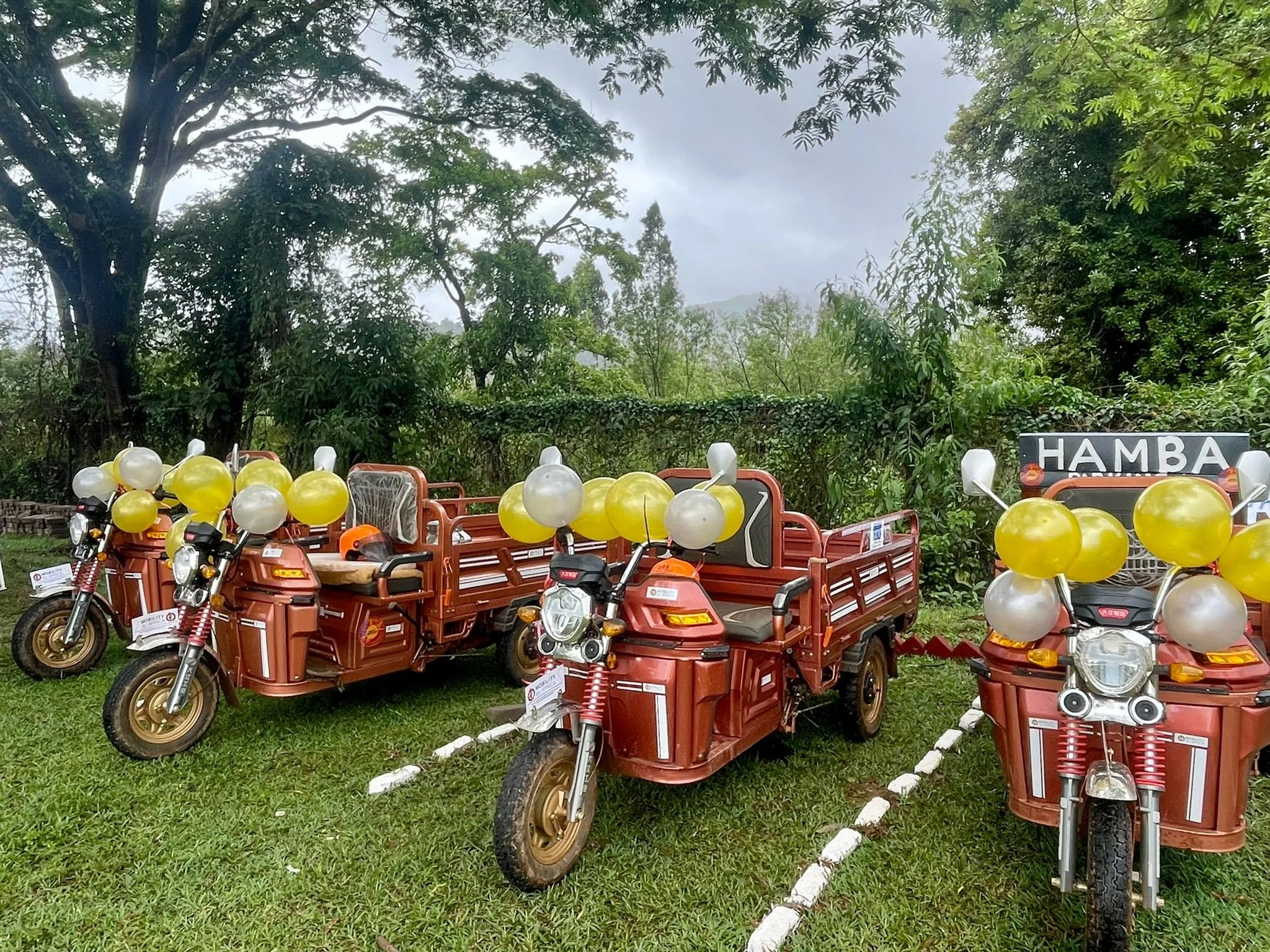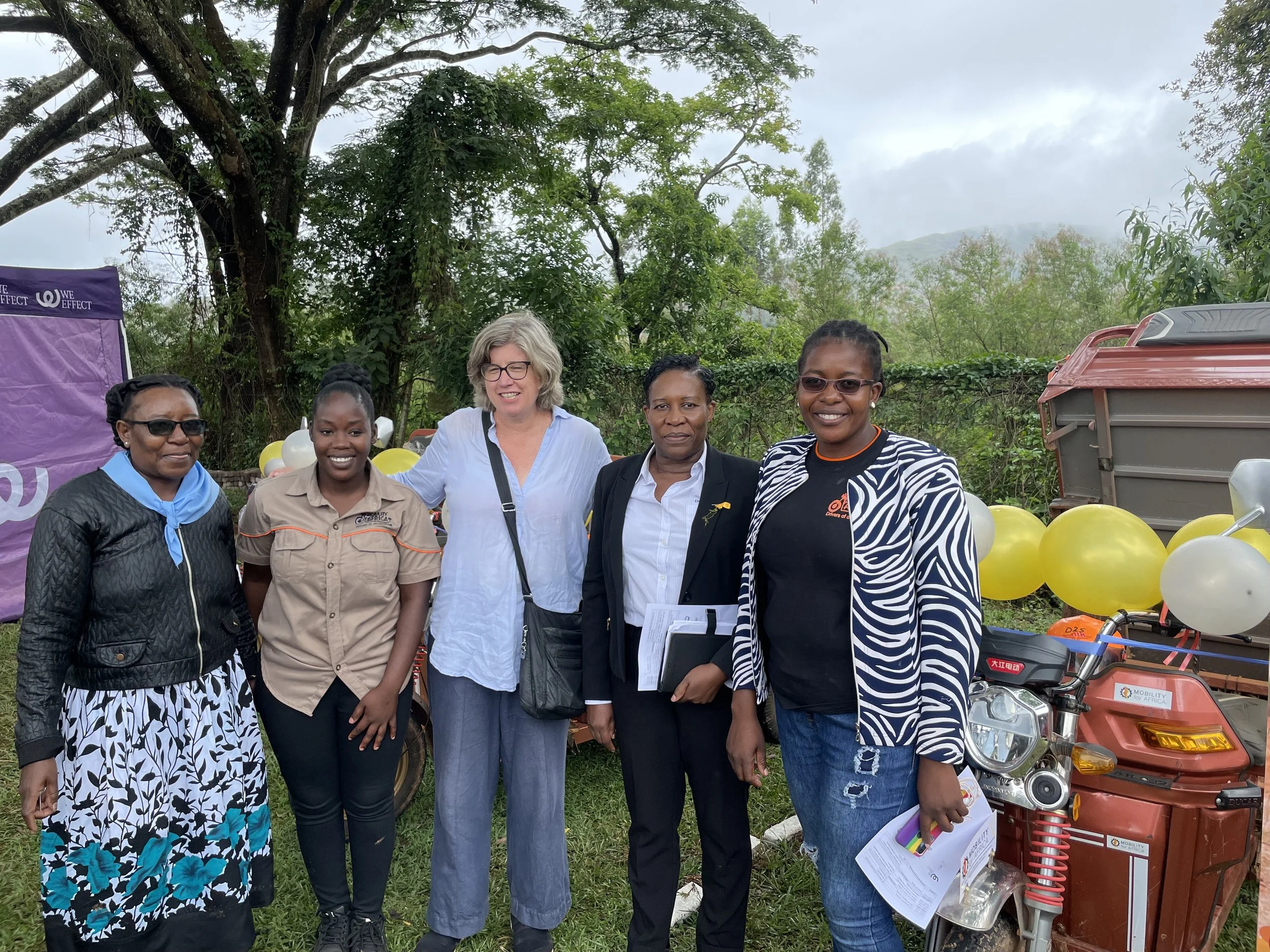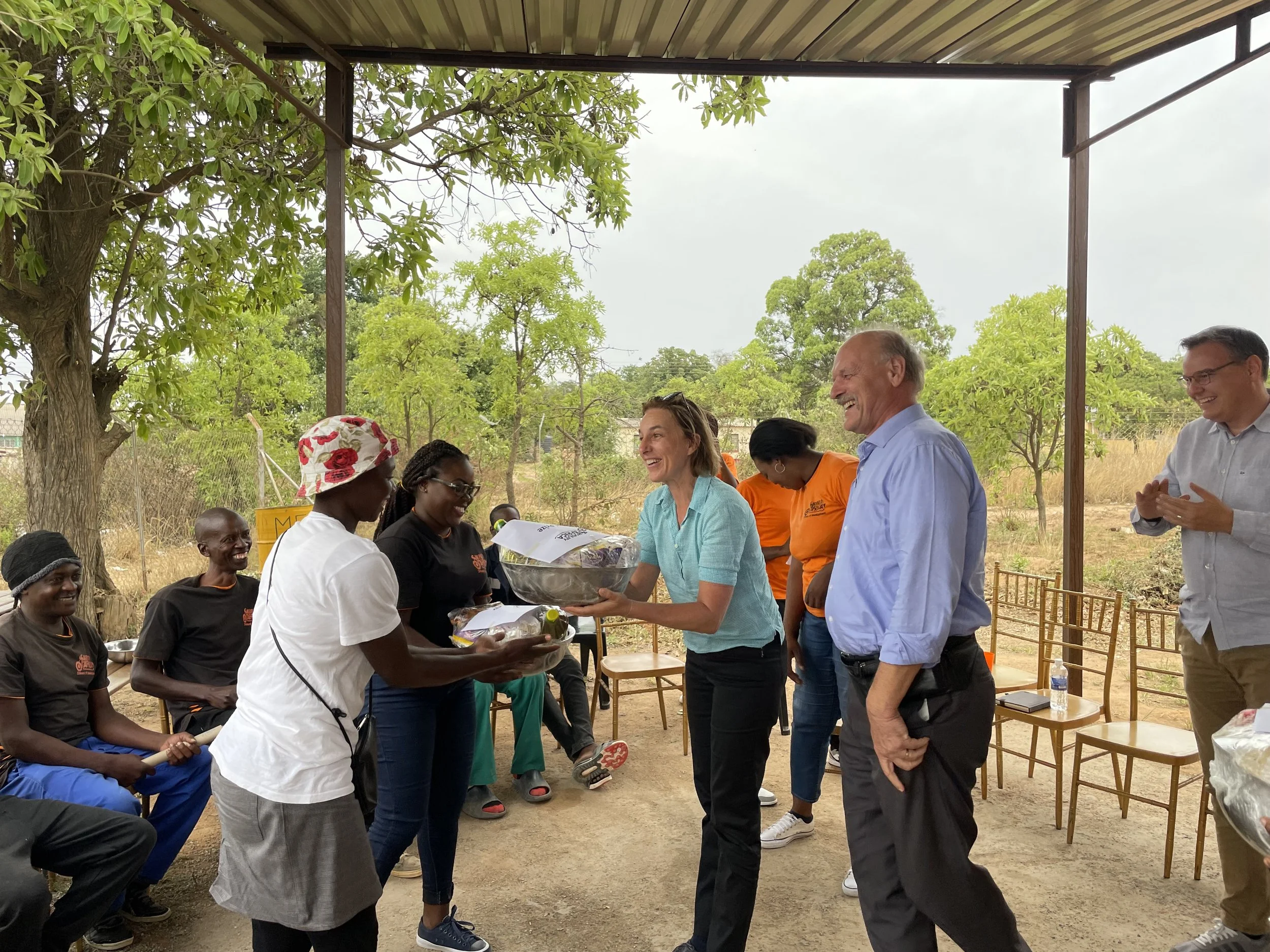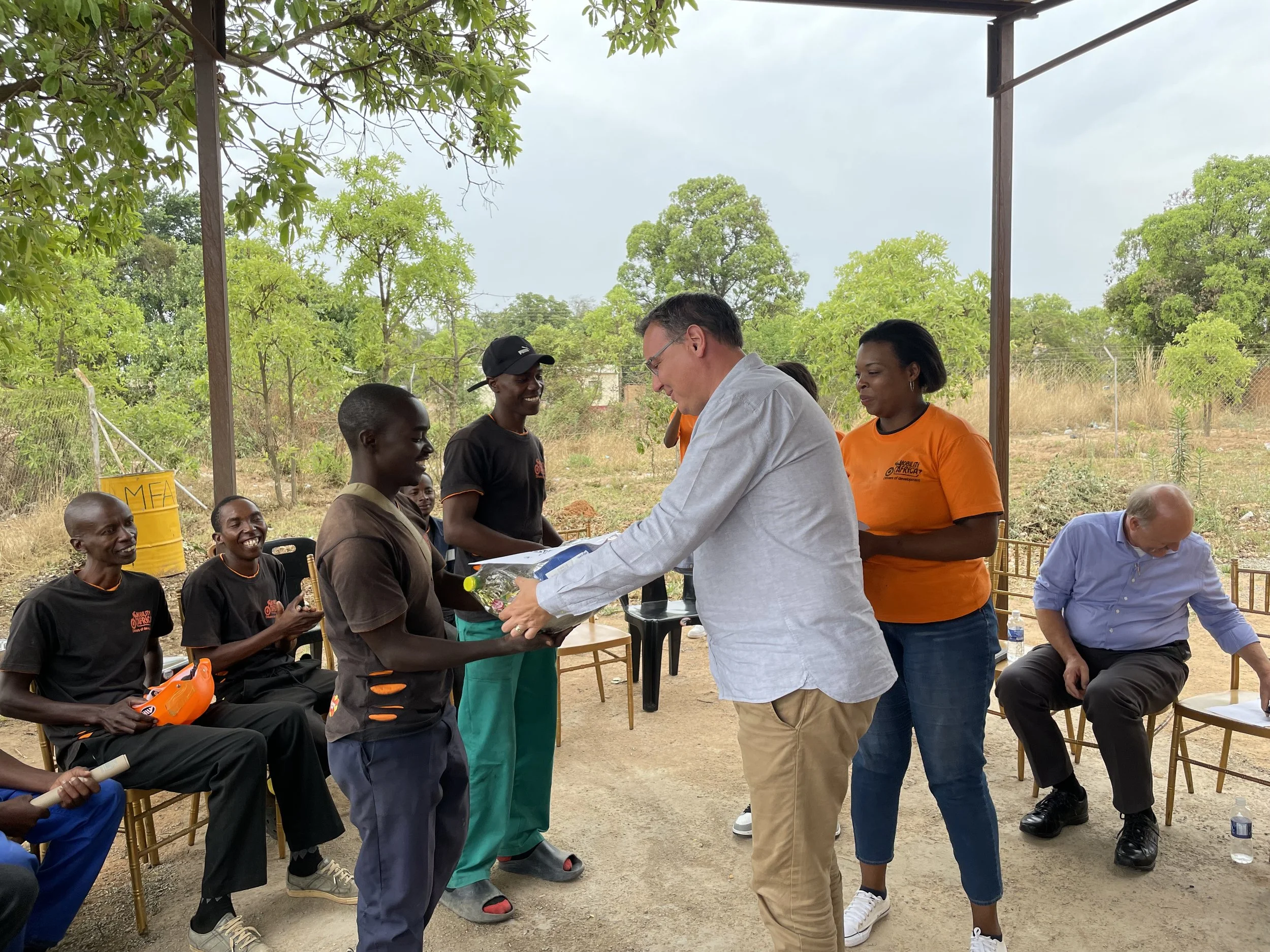We officially launched in February 2019 but the Hambas themselves were rolled out during March 2019. Happy 4 years!
The pilot to test electric mobility was the first of its kind in Zimbabwe. Within 2 months we could tell that the Hamba had increased economic opportunities in rural Hwedza.
Fadzai, project coordinator, remembers, “With a team of less than 10 people in Hwedza and Harare, we decided to roll out in batches of 10 so that we could meet whatever pressure was going to emanate.
Our CEO [Shantha] had clearly told us that: “there is no course, we are all learning, no-one has the answers to what we are doing."
We knew that we had to figure the answers as a team, excited and nervous to be the pioneers of this technology in Zimbabwe!”
From the beginning MFA have believed in collaboration and partnership. We have benefitted enormously and are grateful for the amazing people who have volunteered their time: from the students who first came, to many who supported crowd funding, to those who gave technical advice and expertise to help us get to this stage.
We’ve come a long way and we’ve got a long way to go!
Thanks to our current sponsors who continue to support as we expand to realise our vision AECF EEP Africa InfraCo Africa Toyota Mobility Foundation Expo 2020 Dubai
Watch a throwback video of the MFA Pilot launch here ⬇️




